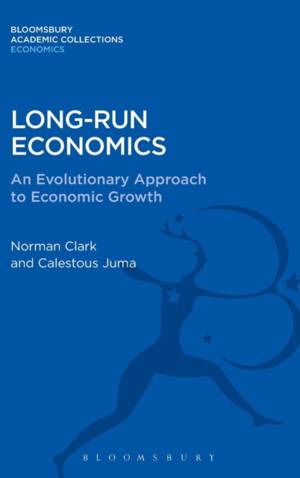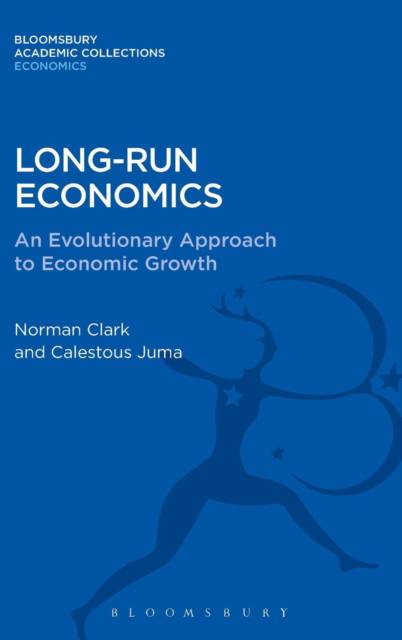
- Afhalen na 1 uur in een winkel met voorraad
- Gratis thuislevering in België vanaf € 30
- Ruim aanbod met 7 miljoen producten
- Afhalen na 1 uur in een winkel met voorraad
- Gratis thuislevering in België vanaf € 30
- Ruim aanbod met 7 miljoen producten
Zoeken
€ 322,45
+ 644 punten
Omschrijving
A major problem of conventional economic theory as applied to long-run economic change is its unduly narrow and static character, which compromises its capacity to handle conceptually a social process inherently systemic, complex and dynamic. At the same time there is a growing realization in relevant government and industrial circles (reinforced by the example of Japan) that effective economic policy-making needs a strategic, and therefore a technological, content.
Long-Run Economics suggests a more realistic conceptual framework for the analysis of economic and technological change. Borrowing from other disciplines, such as sociology, psychology and biology, the authors develop a model that is evolutionary and systemic in character. Special emphasis is given to the role of information flows in the innovative process, while the overall argument is illustrated by two case studies, photovoltaics and fuel ethanol. Finally, the book stresses the strategic importance of science and technology policy and the role of appropriate institutions in facilitating long-run economic change.
Long-Run Economics suggests a more realistic conceptual framework for the analysis of economic and technological change. Borrowing from other disciplines, such as sociology, psychology and biology, the authors develop a model that is evolutionary and systemic in character. Special emphasis is given to the role of information flows in the innovative process, while the overall argument is illustrated by two case studies, photovoltaics and fuel ethanol. Finally, the book stresses the strategic importance of science and technology policy and the role of appropriate institutions in facilitating long-run economic change.
Specificaties
Betrokkenen
- Auteur(s):
- Uitgeverij:
Inhoud
- Aantal bladzijden:
- 256
- Taal:
- Engels
- Reeks:
Eigenschappen
- Productcode (EAN):
- 9781472514462
- Verschijningsdatum:
- 9/01/2014
- Uitvoering:
- Hardcover
- Formaat:
- Genaaid
- Afmetingen:
- 156 mm x 234 mm
- Gewicht:
- 503 g

Alleen bij Standaard Boekhandel
+ 644 punten op je klantenkaart van Standaard Boekhandel
Beoordelingen
We publiceren alleen reviews die voldoen aan de voorwaarden voor reviews. Bekijk onze voorwaarden voor reviews.







